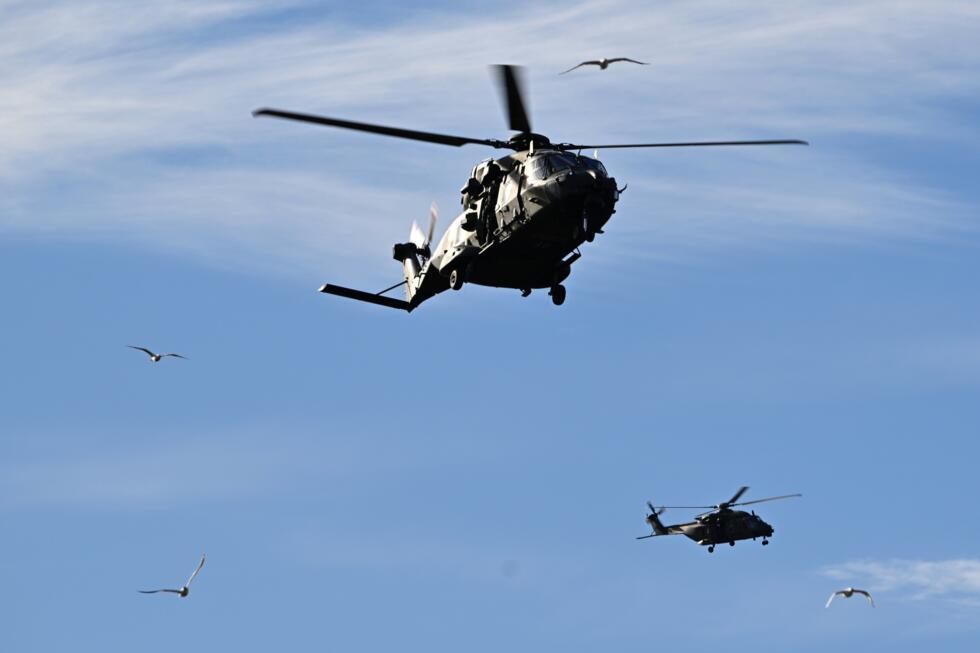Germany has announced plans to significantly bolster its defense infrastructure, focusing on countering threats from Russia in areas ranging from drone warfare to outer space. This commitment comes amid escalating tensions between NATO and Russia, highlighting Germany’s strategic pivot to address modern warfare challenges.
Defence Minister Boris Pistorius revealed a €35 billion investment over the next five years dedicated to strengthening Germany’s space defense capabilities. Germany recognizes the growing role space technology plays in national security, especially as Russian and Chinese satellites increasingly engage in activities such as jamming, manipulation, and potential disruption of military communications.
In addition to space, Germany is actively developing advanced drone defense systems to combat the rising threat of unmanned aerial vehicles (UAVs). Recent incidents involving unidentified drones conducting surveillance and potential sabotage over German military bases and critical infrastructure have underscored the urgency of this initiative. The German military is taking steps to detect, intercept, and neutralize hostile drones, integrating these efforts into broader NATO defense strategies.
Germany has witnessed a surge in drone incursions linked to Russian reconnaissance efforts, including drone flights over northern German ports and military facilities. While legal and jurisdictional hurdles remain in countering drone incursions, Germany’s defense strategy emphasizes collaboration among federal and state authorities and investment in cutting-edge technology.
This multi-faceted approach includes large-scale military exercises simulating conflict scenarios in Europe’s eastern flank, enhancing readiness to respond to hybrid and conventional threats. The strategic emphasis on space and drone defense aims to ensure Germany’s resilience in an increasingly contested security environment.
More than news- Its Icegate

